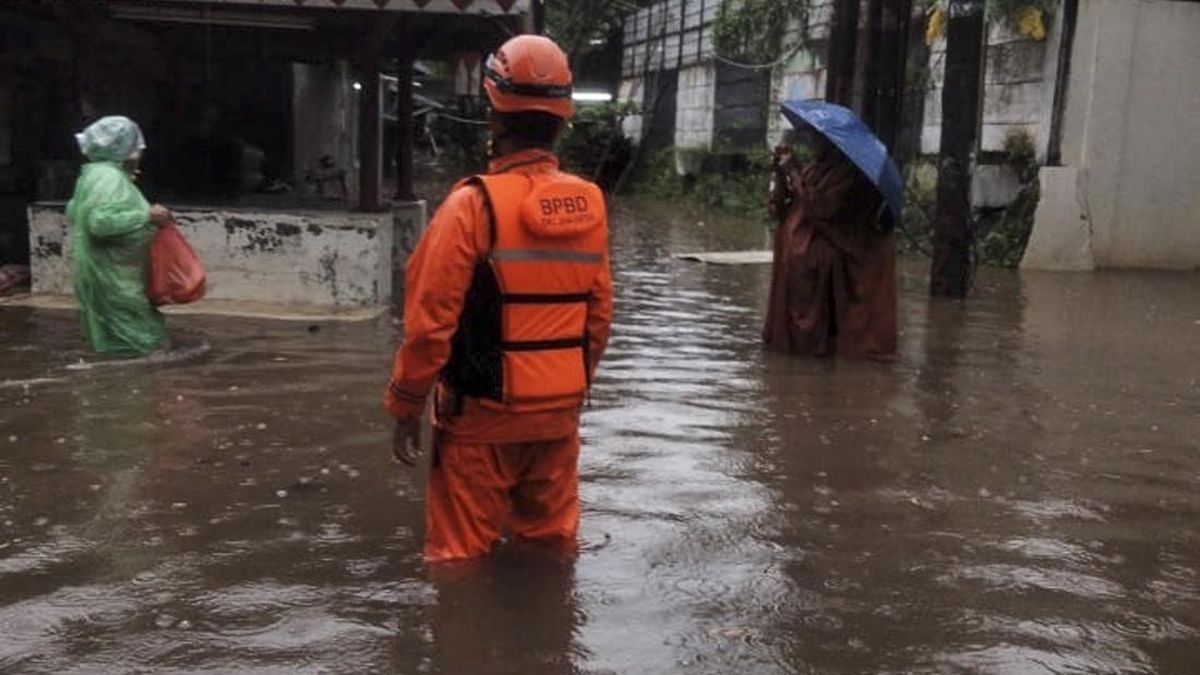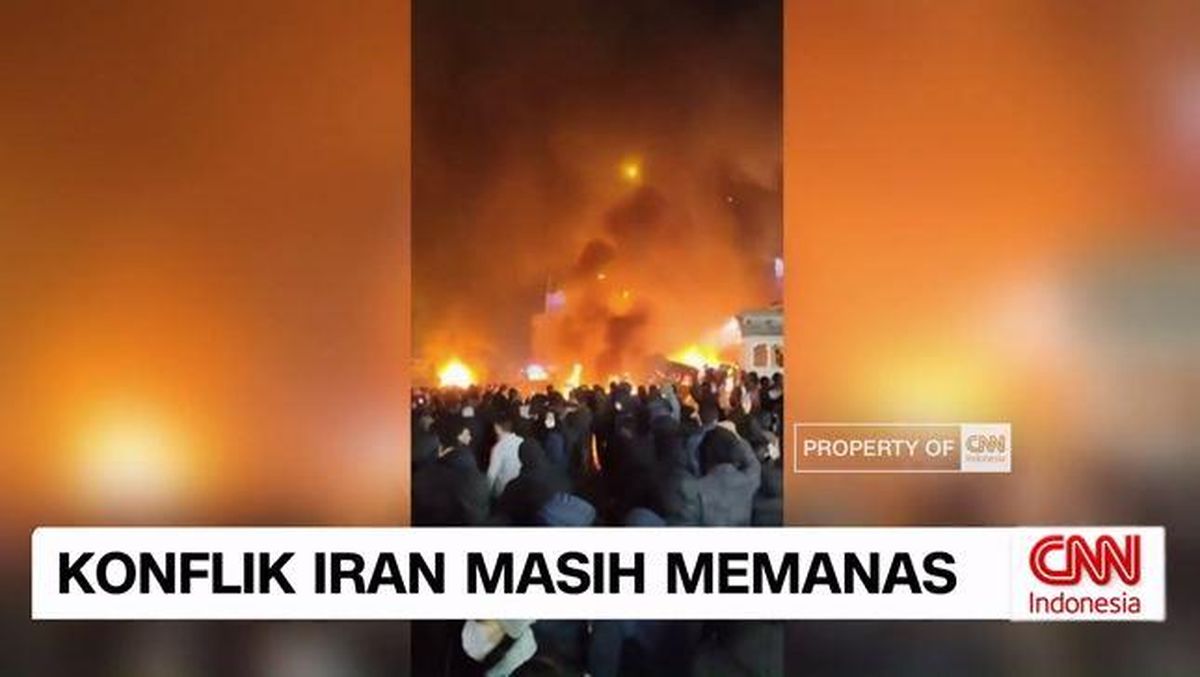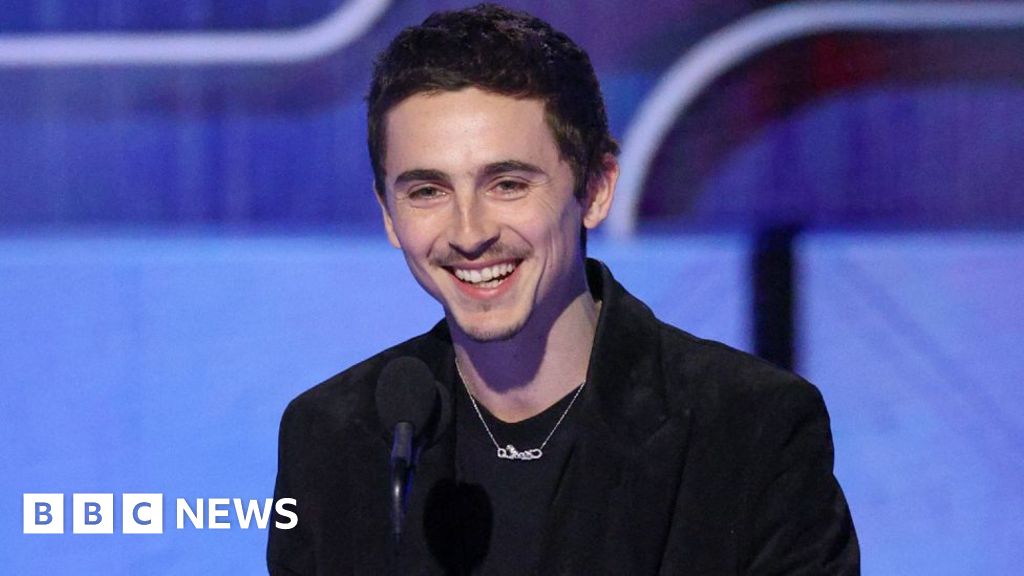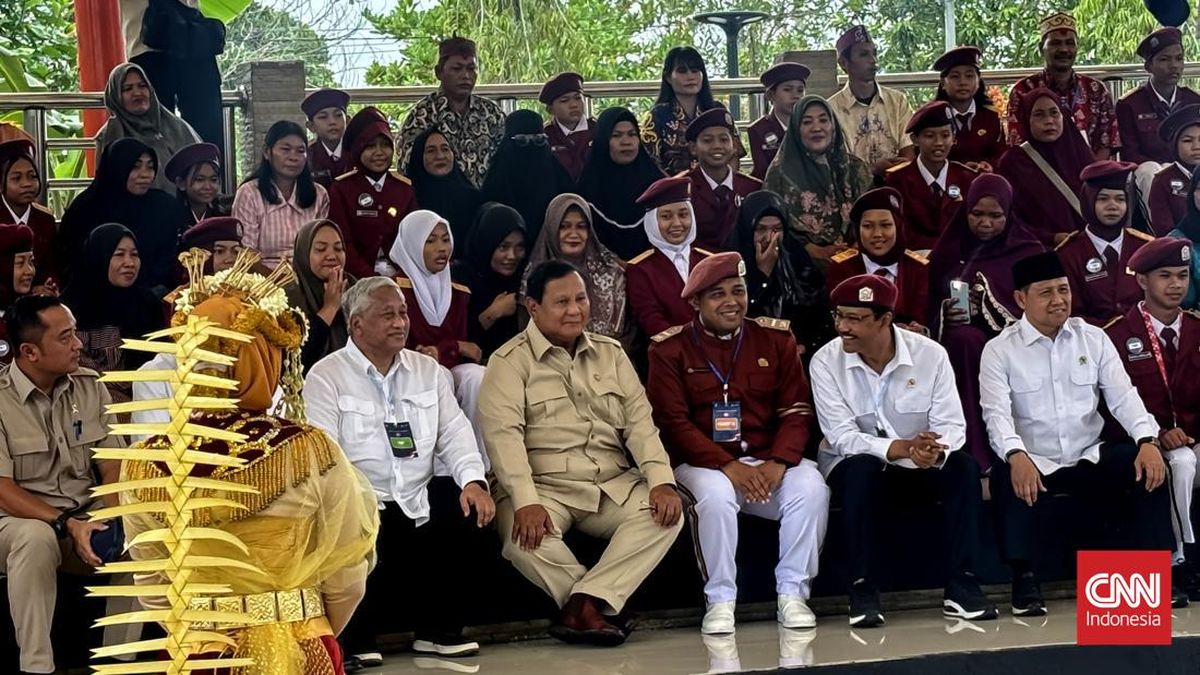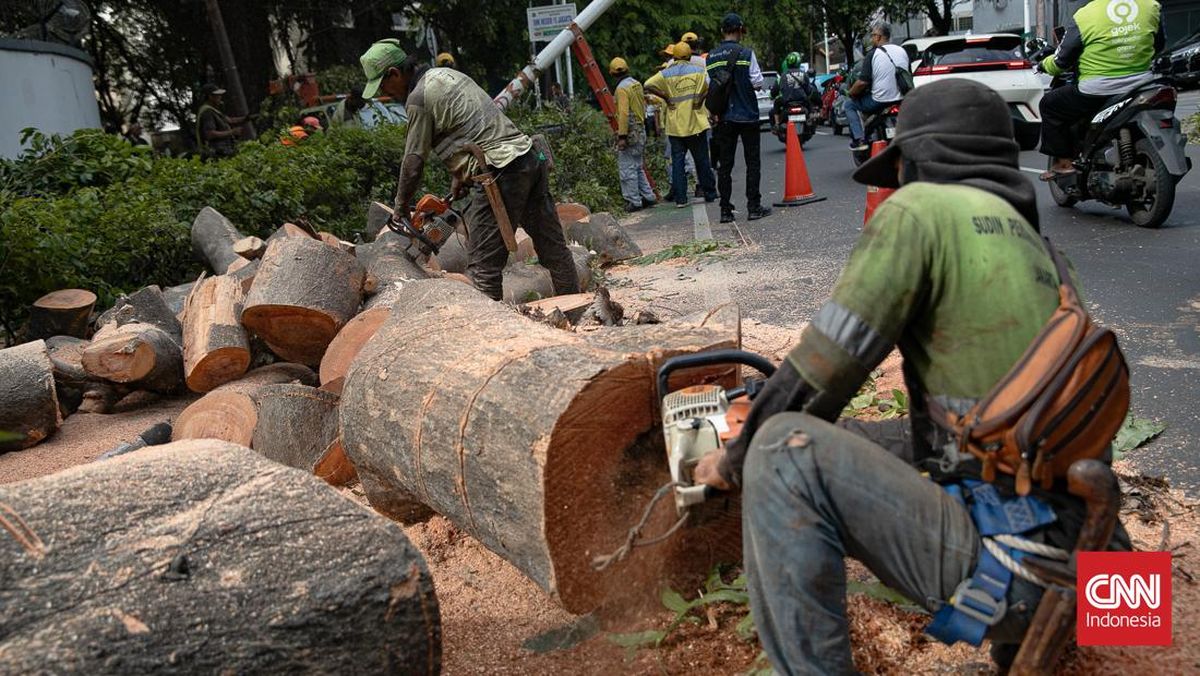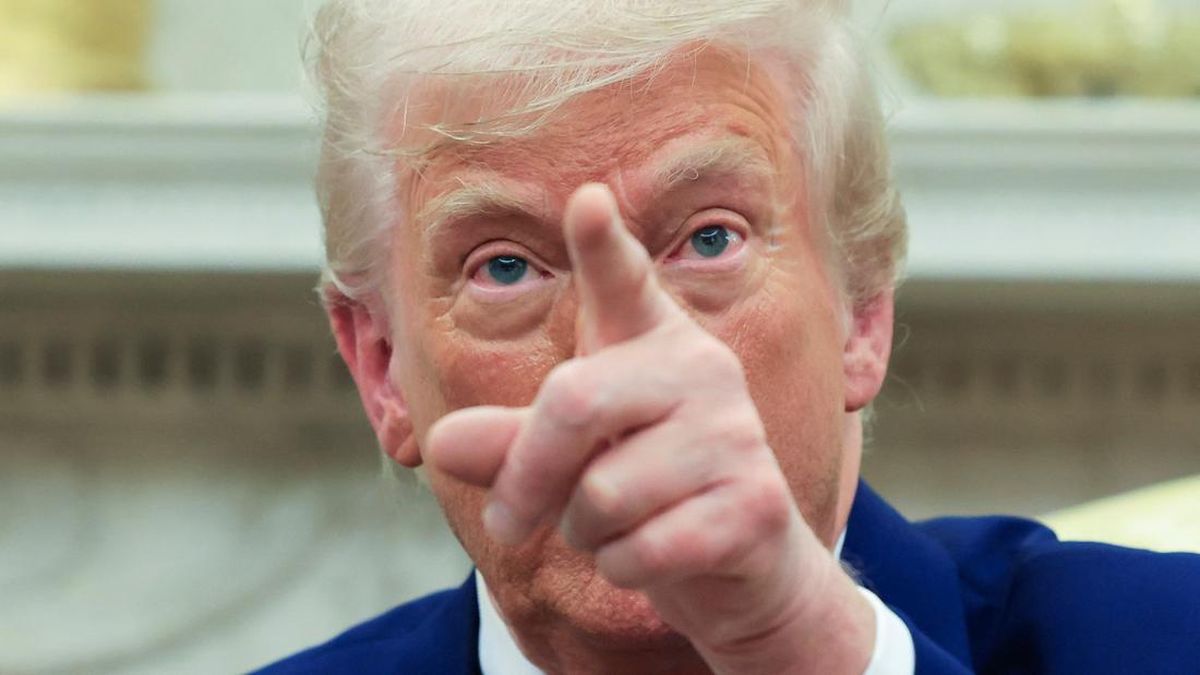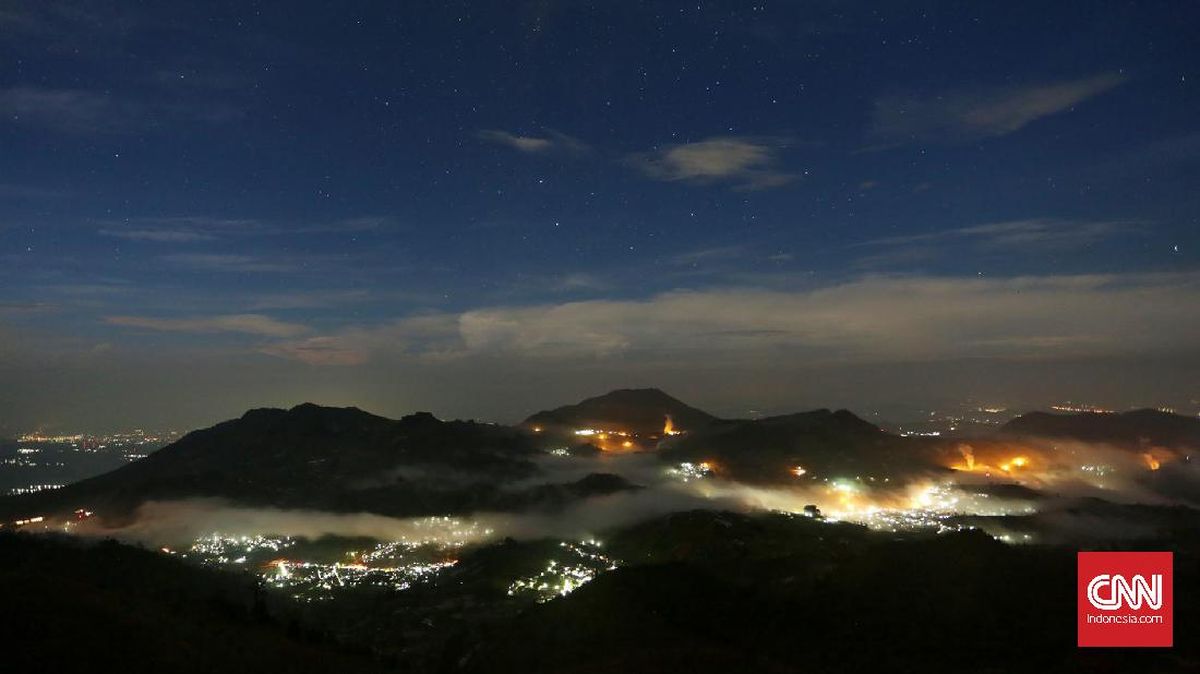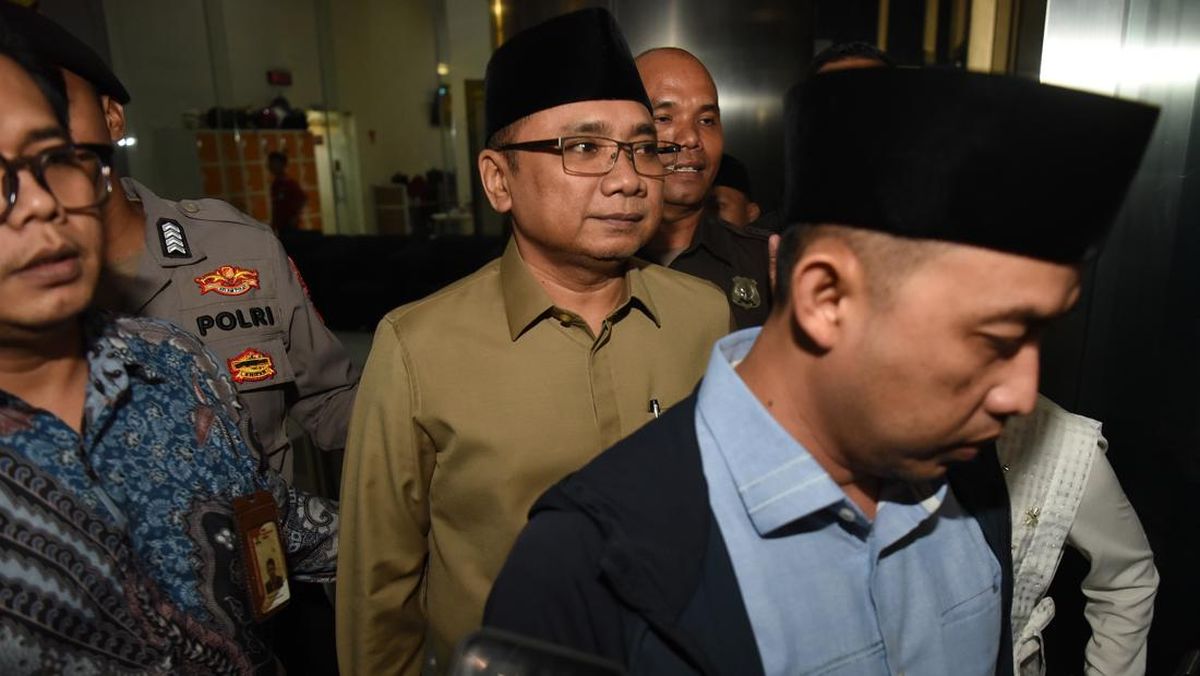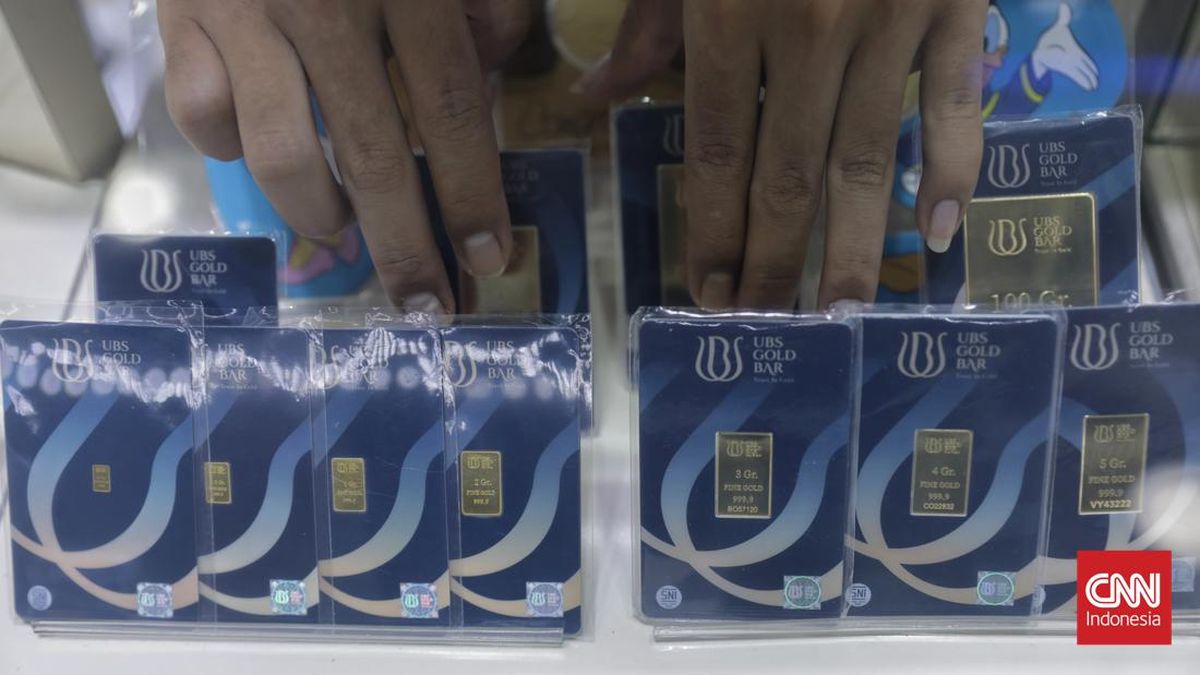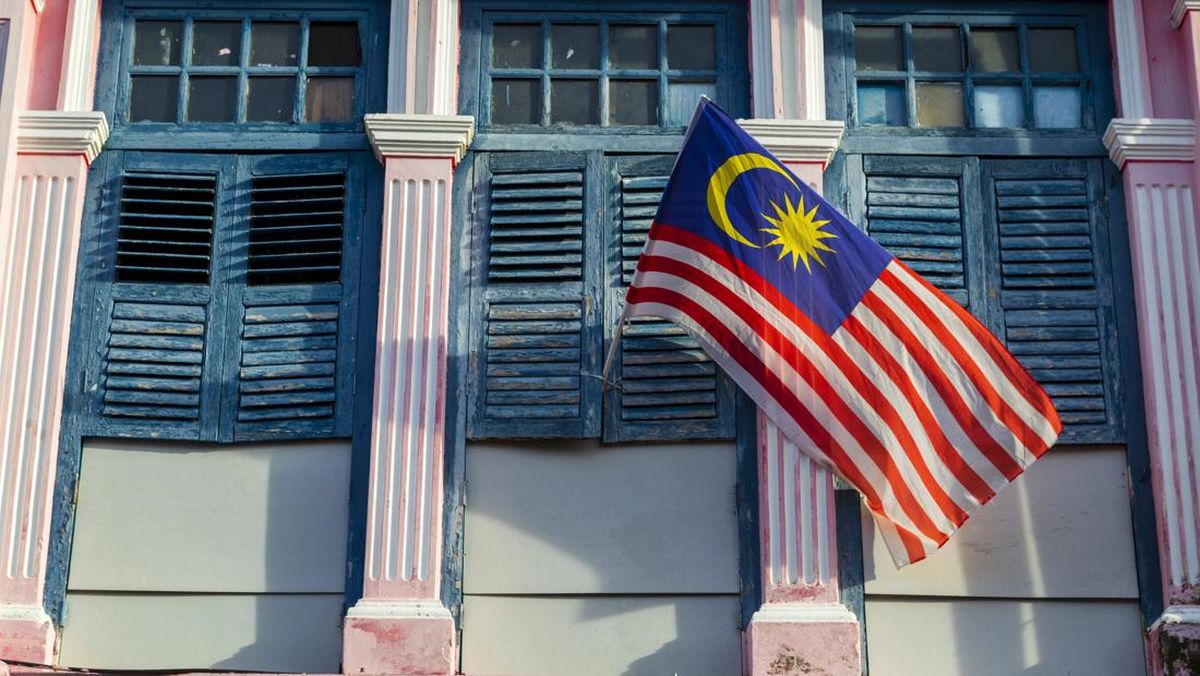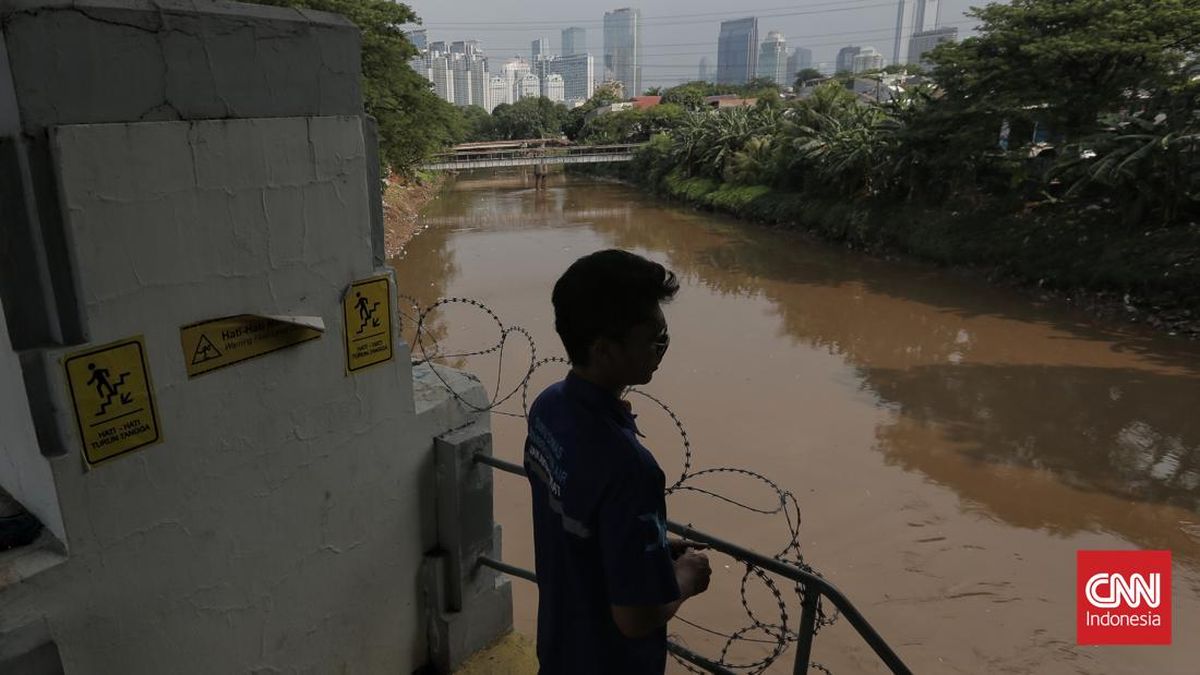New York: Prime Minister Anthony Albanese has brushed off complaints from the Trump administration to officially recognise the state of Palestine as he arrived in New York for four days of frenzied diplomacy.
Australia’s recognition of Palestine took formal effect on Sunday night alongside the United Kingdom and Canada, as world leaders try to breathe new life into the two-state solution process in a push spearheaded by French President Emmanuel Macron.
The government will proceed cautiously with the practical aspects of recognition, only taking steps such as opening an Australian embassy in Palestine when it feels the Palestinian Authority has made good on key commitments such as holding elections and internal reform.

Prime Minister Anthony Albanese and Jodie Haydon arrive at JFK International Airport ahead of the 80th session of the United Nations General Assembly in New York.Credit: Dominic Lorrimer
Albanese’s first meeting with US President Donald Trump has yet to be locked in, but the pair will at least cross paths at a function Trump is hosting on Tuesday night, New York time, in Manhattan on the sidelines of the United Nations General Assembly.
This is the first UN General Assembly, Albanese has attended since he took office in 2022, and the forum will allow him to meet an array of fellow world leaders, beginning with the King of Jordan, Abdullah II, on Sunday local time (Monday Australian time).
One of Albanese’s top priorities, before he travels on to London and Abu Dhabi, will be rallying other nations to join his government’s efforts to ban children under 16 from operating social media accounts.
Foreign Minister Penny Wong will also use the UN meeting to lobby other nations to support greater protections for aid workers operating in conflict zones in honour of Australian Zomi Frankcom, who died in Gaza in April 2024 while working for the World Central Kitchen charity.
Albanese arrived in New York on Sunday morning, AEST, declaring that “what we want to see is increased peace and security and stability around the world”.
“Australia plays an important role. We are a trusted partner and an ally,” Albanese said after stepping onto the tarmac at John F. Kennedy airport.
While Albanese was en route to the United States, 25 Republicans – including former presidential candidate Ted Cruz and other senior members of the Senate – urged him to drop plans to recognise a Palestinian state.
“Proceeding with recognition will put your country at odds with longstanding US policy and interests and may invite punitive measures in response,” the Republicans warned in a letter also sent to Canadian Prime Minister Mark Carney, British Prime Minister Keir Starmer and Macron.
“Proposed recognition is coinciding with sharp increases in anti-Semitic activity in each of your countries. Jews are facing unprecedented harassment and attacks against them are becoming a common occurrence ... Sadly, your actions to legitimatize a Palestinian terror state will only provide greater motivation to the violent anti-Semitic mobs.”
Among those who signed the letter were Florida Senator Rick Scott, Texas Senator John Cornyn, Arkansas Senator Tom Cotton and House of Representatives member Elise Stefanik, who was Trump’s original choice to serve as the US ambassador to the UN.
Trump said during a trip to the United Kingdom last week that he disagreed with Starmer on Palestinian recognition, and US Secretary of State Marco Rubio has vigorously opposed the recognition push.
Rubio said moves to recognise Palestine had encouraged Israel to retaliate by threatening to annex parts of the occupied West Bank.
“We warned them that we thought that was counterproductive,” Rubio told reporters during a trip to the Middle East. “We actually think it’s undermined negotiations because it emboldened Hamas, and we think it undermines future prospects of peace in the region.”
The Albanese government said in a statement that the creation of a Palestinian state, alongside Israel, “has always been the only path to enduring peace and security for the Israeli and Palestinian people”.
“The President of the Palestinian Authority has restated its recognition of Israel’s right to exist, and given direct undertakings to Australia, including commitments to hold democratic elections and enact significant reforms to finance, governance and education,” the statement said.
“Terrorist organisation Hamas must have no role in Palestine.”
But the move was criticised by the Coalition, with Liberal leader Sussan Ley saying the recognition should take place at the end of the peace process and not during the conflict.
“Today the Albanese Government extends a hollow gesture of false hope to the Palestinian people. For the Israeli people, it extends a chilling act of concession to the Hamas terrorists who continue to seek their annihilation,” she said.
Albanese will speak later in the week at a two-state solution conference being hosted by France and Saudi Arabia at UN headquarters.
The government does not need to pass legislation to recognise Palestine, and a vote is not required at the United Nations for individual countries to recognise new states.
Belgium and Portugal will also use the UN General Assembly to formally recognise Palestinian statehood, a step the vast majority of UN member states have already taken.
Israeli Prime Minister Benjamin Netanyahu, a fierce opponent of Palestinian statehood, will address the UN this week before travelling to Washington for his third White House meeting with Trump this year.
Trump will also host Turkish President Recep Tayyip Erdoğan for a White House meeting this week.
Get a note directly from our foreign correspondents on what’s making headlines around the world. Sign up for our weekly What in the World newsletter.
Most Viewed in Politics
Loading



